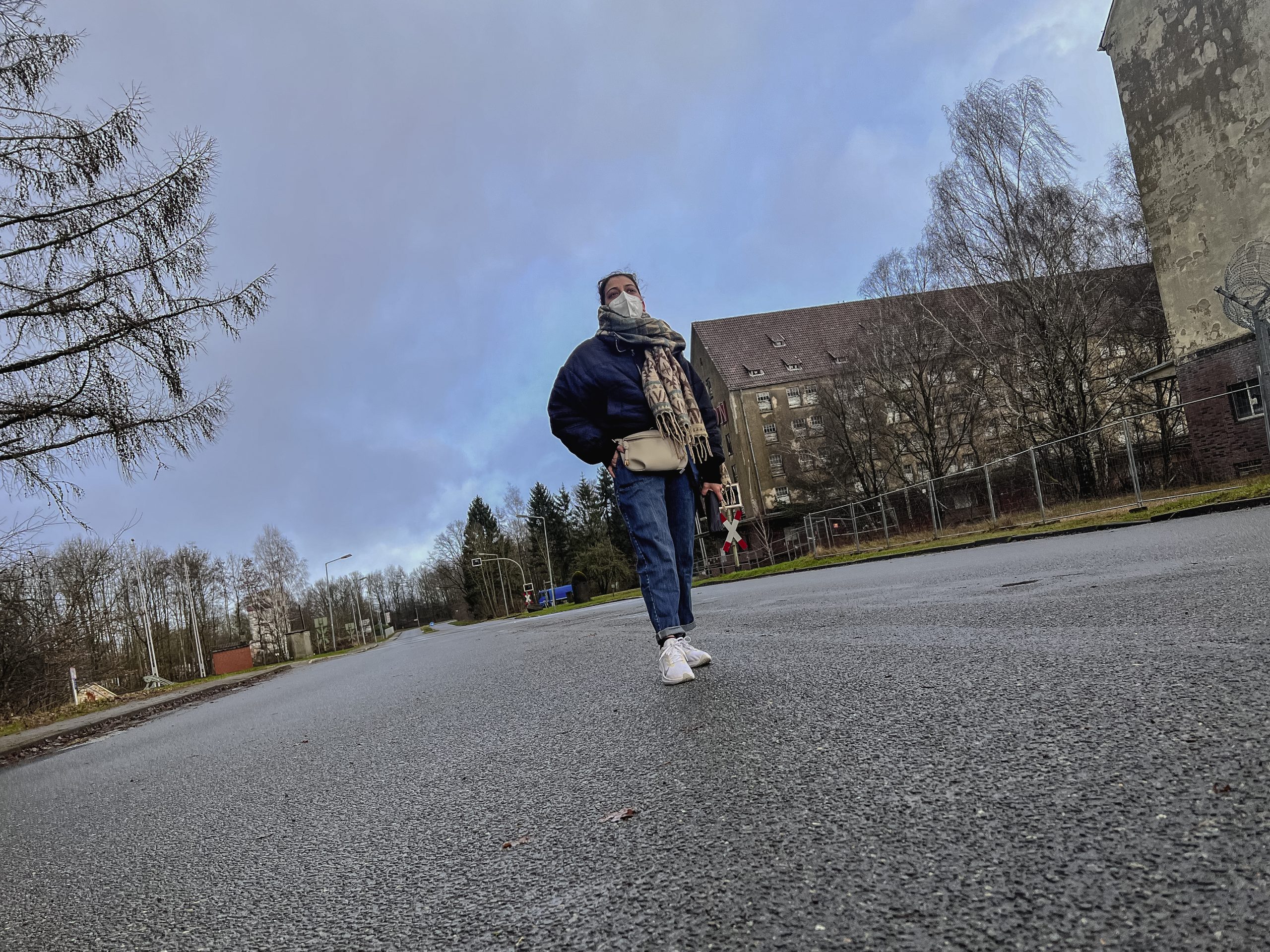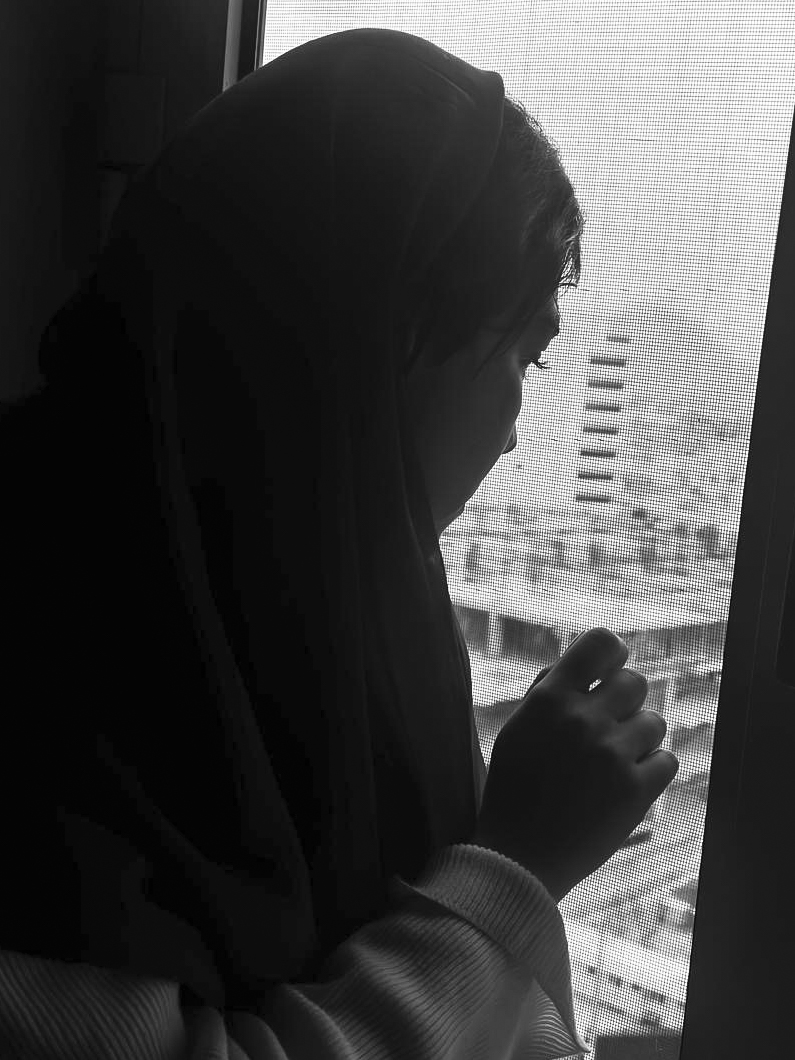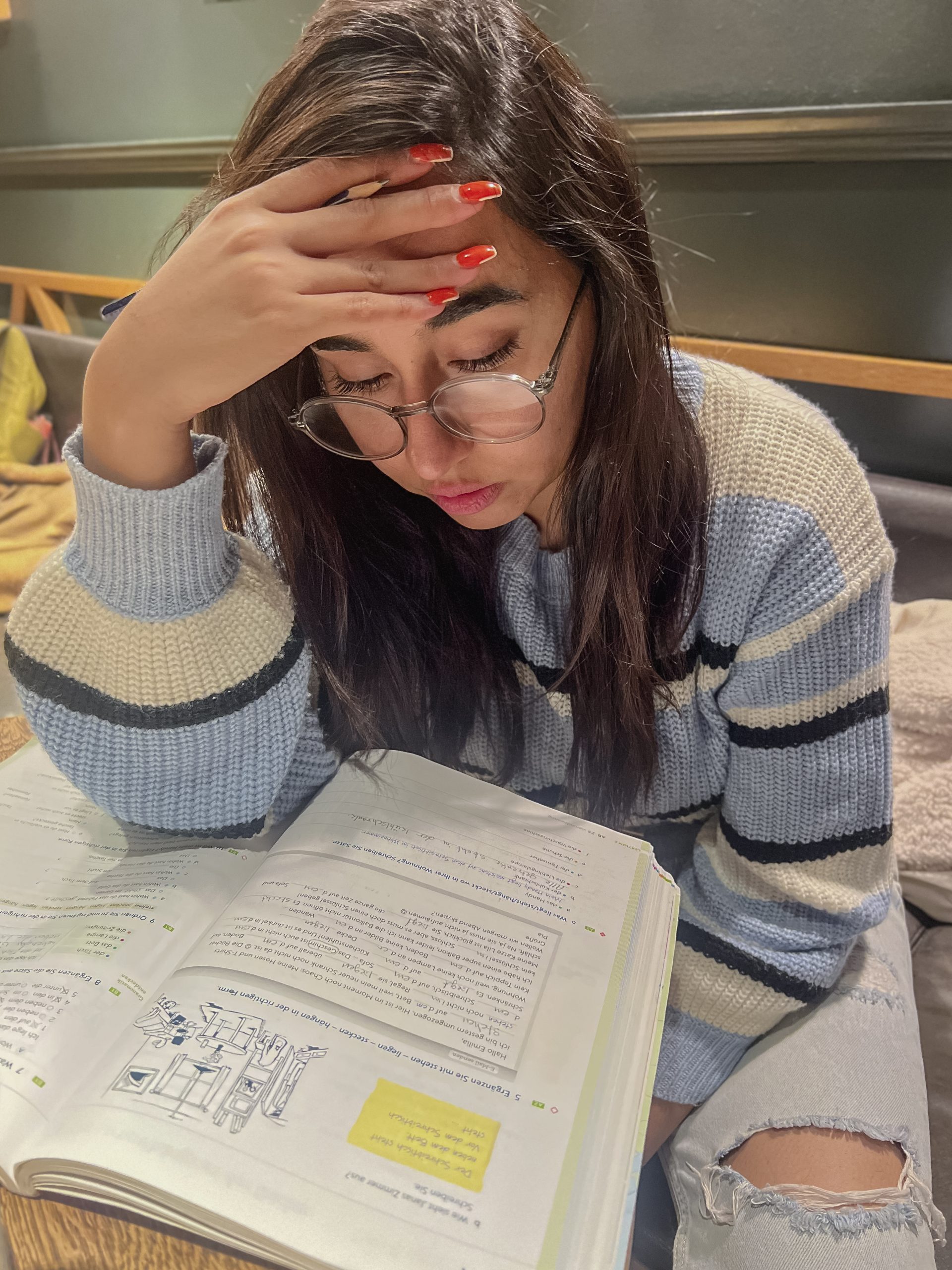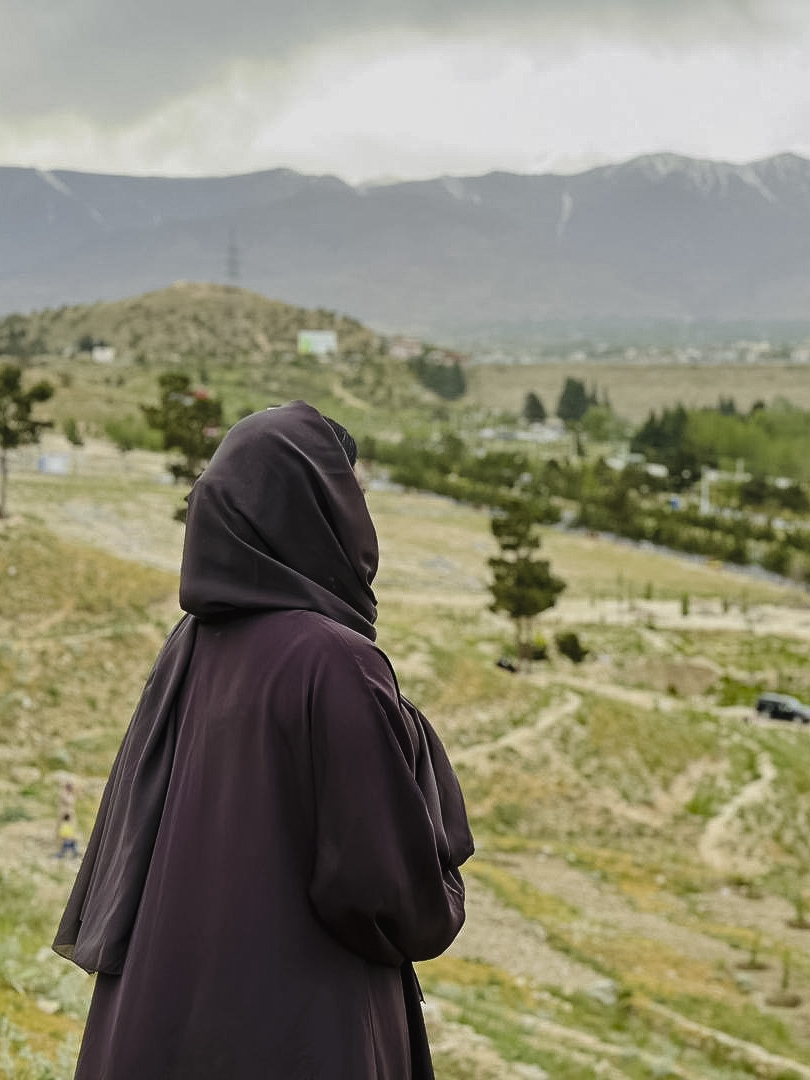
The struggles, pressure and uncertainty of being Afghan Immigrant women
Text and photos by Tamana Ashna
9th of June 2024, the European Parliament elections will be a pivotal moment that will impact not only individuals and women in Europe but also people globally.
As an Afghan woman who harbored political aspirations in my homeland and hails from a political and military background, I deeply understand the challenges Afghan women face in having their voices heard.
Under the oppressive regime of the Taliban, the rights of women in Afghanistan were obliterated by groups best described as terrorists. My journey to finding a voice for women in my country has been fraught with immense hardship. Consequently, seeing no viable future in my homeland where women’s rights were suppressed, I was compelled to flee to Germany.
Regrettably, many women shared my fate, forced to leave behind everything familiar to become immigrants in Europe — whether through legal channels or otherwise. The repercussions of these events continue to deeply affect those Afghan women who currently find themselves with no option but to remain in their homeland, devoid of the opportunity to seek their basic rights and access to education.
In a world where the narrative of immigration often gets lost in statistics and political debates, the real-life stories of individuals struggling to rebuild their lives in foreign lands remain untold. This campaign seeks to bring to light the plight of Afghan immigrants, particularly women, who have sought refuge in European countries, amid their country’s collapse under the Taliban regime. Through the lens of an Afghan woman who once thrived in her homeland, we aim to elucidate the myriad challenges encountered in the quest for safety, dignity, and a hopeful future.
This campaign underscores the significance of the upcoming European Parliament elections. They are not merely a local European event, but a global turning point that holds the power to influence the lives of women worldwide, particularly for those of us from regions where our voices and rights are stiffed.
On the 9th of June your vote can help shape a future where the rights and voices of women are acknowledged and respected globally.

A life disrupted
In the vibrant city of Kabul, Afghanistan, lives flourished and dreams grew. The narrator of this story worked as a social media specialist to the president, surrounded by ambitious friends and family members who actively contributed to their society. However, the resurgence of the Taliban regime dramatically altered their reality, instilling fear and extinguishing the dreams of many. This marked the beginning of a harrowing journey towards an uncertain future as immigrants in various countries.
The Immigration chapter
Upon arriving in Germany, the promise of safety was quickly overshadowed by grave challenges. Initially confined to a homeless shelter, I faced a profound sense of isolation and despair. The struggle did not cease upon leaving the shelter; rather, it evolved into encounters with bureaucracy, language barriers, and health issues stemming from relentless stress and adjustment difficulties. Furthermore, being unable to be reunited with my family, excluding my spouse whom I could bring to Germany, added to the emotional toll. I hear daily from my sisters about their struggles, which amplifies the pain of our separation.
Despite these challenges, I am immensely grateful for my escape from the Taliban regime. However, the law’s limitations on family reunification, despite the evident danger to young girls like me, deepens my sorrow. My sisters and family live under constant fear and sadness, a stark contrast to my own battle for stability in a new country. This duality of gratitude and grief defines my experience, highlighting the bittersweet nature of my safety in Germany. The dream of reuniting with my family clashed with the harsh reality. As young women vulnerable to the Taliban’s oppressive rules, my sisters remained trapped in Afghanistan. Their freedoms severely curtailed, making the prospect of reunion seem distant and fraught with challenges.
In my role as a political social media worker, I saw leaders acknowledging our plight but failing to address it effectively. The EU and various organizations recognized the hardships faced by Afghan women yet there appeared to be no straightforward path to improvement. The lack of rights for those still in Afghanistan and the challenges for those who managed to flee painted a grim picture.
I have witnessed numerous Afghan women who were ambitious and vocal but became subdued by the enormity of challenges upon becoming immigrants. The transition brought overwhelming hurdles, with some facing severe depression due to the absence of friends and family. This sense of loneliness and the struggle for adaptation compounded, making every day a battle for survival and a quest for identity in a foreign land.

One of my friends, who prefers to remain anonymous, was working at the Netherlands embassy in Afghanistan. She led a life filled with ambition and dedication to good causes and was pursuing her bachelor’s degree at the American University. However, following the collapse of the Afghan government, she and her family were forced to relocate to the Netherlands.
This transition brought a myriad of challenges; the traumatic effects of the Kabul airport continue to haunt her. Struggling to integrate into Dutch society, grappling with the language barrier, and starting her life from scratch placed her and her family in a difficult situation.
It has been three years now, but she tells me she learns new things every day. For more than 13 months, she lived in a camp with other Afghan immigrants and her family. After numerous attempts, she finally managed to find a home. Now, standing on her own two feet, she believes that there is still much to learn. Integration into a new country, especially for women, is incredibly challenging. Initially, there is a profound sense of insecurity, coupled with the feeling that one’s education and experience are inadequate. This often leads to panic and depression, and concerns for the situation back in one’s home country add to the distress.
Despite her family’s reunion, my friend is deeply concerned for the women left in Afghanistan. She is striving to integrate and regain the influential voice she once had in her homeland. She hopes not only to make a difference for herself and her family but to contribute positively to her country in any way she can.



My sisters, alongside many other women currently living under the Taliban regime in Afghanistan, are deprived of their basic rights. This includes access to education, the opportunity to work, and the pursuit of higher education such as bachelor’s or master’s degrees. After I moved to Germany, my sisters harbored hope that I could help them come here as well.
Unfortunately, despite the strength of my case and numerous emails sent to the German Federal Foreign Office, I was directed to follow up with the state I reside in. The state informed me that I could bring them under two conditions: firstly, I needed to have adequate housing for them, and secondly, my net income had to be at least 4,000 euros. Failing to meet these conditions, I couldn’t bring my family over. Consequently, my sisters have been sinking deeper into depression, their mobility severely restricted. They are forced to cover their faces and can no longer attend school or university.
Two years have now passed, and they have lost all hope of escaping Afghanistan. They feel forgotten by a world that often speaks of women’s rights but seems indifferent to their suffering. This situation causes them to struggle under the weight of uncertainty and depression, which deeply affects me as well. I wish I could do more as their elder sister. They had dreams of becoming doctors, engineers, dancers, and pilots, but now those dreams seem impossibly distant, so far removed from their current reality that they can scarcely imagine them.

A call for Empathetic Action
The campaign urges the European Parliament and the international community to acknowledge and address the distinctive challenges encountered by Afghan women and immigrant women at large. We propose the following suggestions to ameliorate their conditions:
Create Special Programs for Immigrant Women: There is a pressing need to develop special programs focused on immigrant women’s rights, education, and health issues. These programs should aim to provide comprehensive support, ensuring that immigrant women have access to the resources necessary to thrive in their new communities.
Support Family Reunification: Special emphasis should be placed on assisting Afghan women who have arrived in Europe without their families. Current legislation permits the reunification of spouses but significantly restricts the ability of single individuals to bring over their family members. We advocate for modifications to these laws to facilitate family reunification for all, irrespective of marital status.
Create Psychosocial Support Systems: Immigrant women often bear the brunt of displacement and loss, carrying traumas that can hinder their integration and personal growth. Establishing psychosocial support systems that offer accessible legal assistance and psychological support is vital. These services would help immigrants navigate the asylum process’s complexities and provide them with the necessary emotional and mental health support. By implementing these suggestions, the European Parliament can significantly improve the lives of immigrant women, showcasing a commitment to their well-being and integration into European society.
This campaign is more than a collection of stories; it’s an urgent plea for compassion, action, and change. Afghan women, torn from their homeland and fighting for their place in a new world, represent an invaluable potential to enrich the fabric of European societies.
By offering targeted support and opportunities, we can transform the narrative of struggle into one of hope and collective growth. The time to act is now — to ensure that every immigrant can pursue a life marked not by uncertainty and pressure but by dignity and dreams realized.
